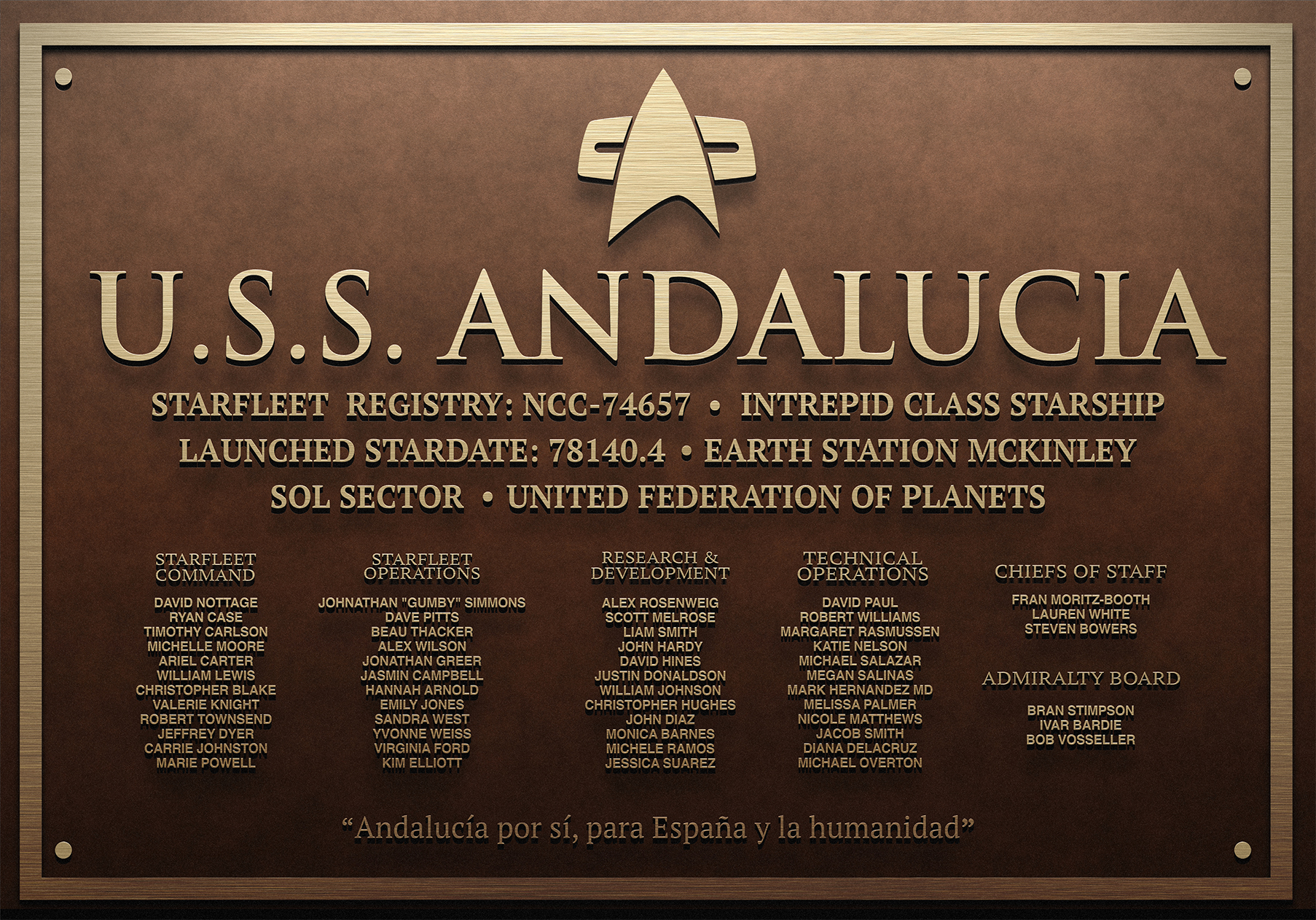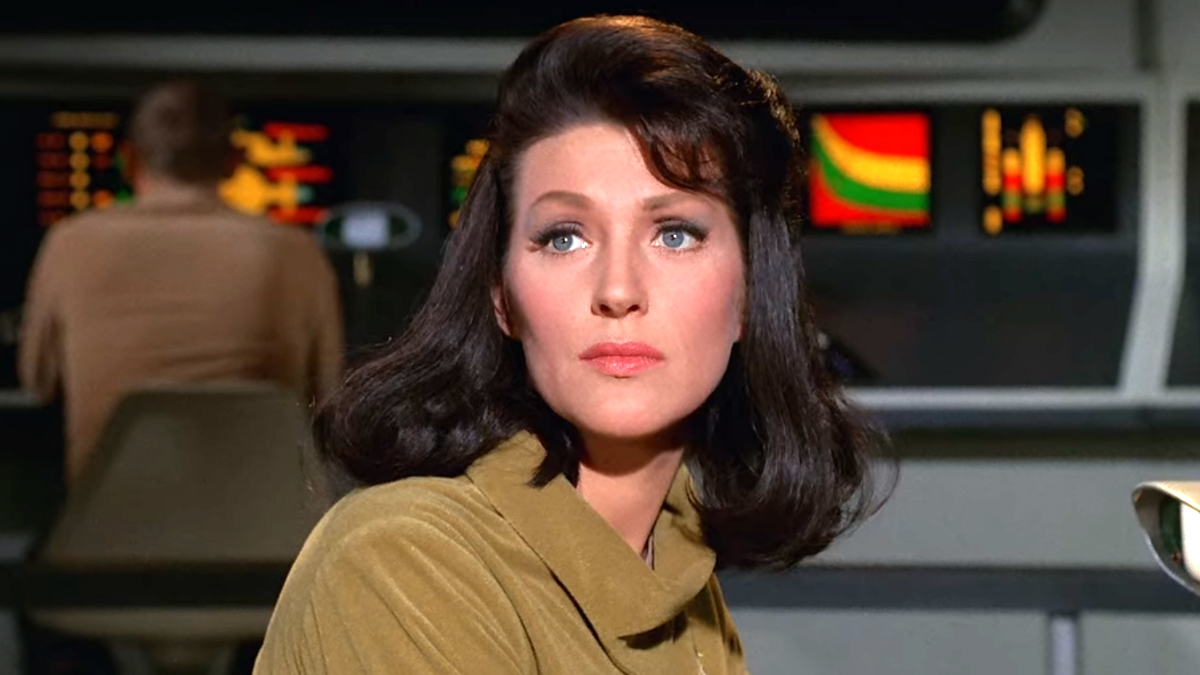From a theoretical standpoint, interfaces are nothing more than that: a formula for interaction between humans and machines. They can be more or less complex, requiring greater or lesser skill to use, but those that tend to rise as universally useful tools are the ones that can suppress the most barriers. Nowadays, AI resorts to voice because it is natural. Most humans find speech to be their natural means of communication. The appropriate interface for quick and effective communication is the use of spoken language. The challenge for computer scientists, scientists, and linguists has been, and still is without a doubt, to refine the interpretation of speech present among humans for millennia, in order to communicate to machines that they must interpret the tones and nuances that circumscribe words within other forms of non-verbal communication, such as feelings or emotions.
In Star Trek, the Computer was even capable of provoking Captain Kirk’s need to flirt. This should be understood merely as a reflection of the customs or social manners of those years when the series began its journey on the small screens of American homes. But it is notable that even in its beginnings, this fictional interaction with machines had its emotional bias. Today, AI surprises us precisely with the shortcomings it demonstrates at these levels. Its short journey among us, regardless of the engine that drives it or the company behind the programming and scientific research, has not yet managed to free it from those biases or leaden excrescences, as Plato would say, that make it interact perfectly with humans… but just as we saw in Star Trek, it is a giant step in interaction with machines and hence, the breaking of barriers that allow us to encompass even more universal human knowledge.
Cinema and television have given us more examples of the use of voice as a communication tool between humans and machines. We all remember how Michael Knight called K.I.T.T. using his watch, or how in “Her” the voice of Scarlett Johansson blurred the lines between artificial intelligence and emotional intelligence. Recently, with clear Trek-inspired influence, the first non-mobile mobiles, the so-called AI-Pin by Humane, have appeared on the market, whose behavior is very similar to the communicator from our uniforms.
The future of communication with computers is already here and is undoubtedly hidden behind the emulation of a voice, a gateway to universal knowledge. Soon we will stop being surprised by “talking” to a machine, and it will become our natural way of interacting with technology. The children of our children will not only be digital natives but also the generations with the greatest access to the knowledge in the history of humanity. And it all began with Majel’s voice responding to a simple word… “Computer.”
As a final note, it is well known that Scarlett Johansson refused to lend her voice for use in ChatGPT’s intelligence. Majel Barrett-Roddenberry, on the other hand, recorded an entire library of phonetic sounds before she passed away, allowing her voice to be used as the Computer for future generations.
Live long and prosper, Majel. Thank you for everything.






0 Comments